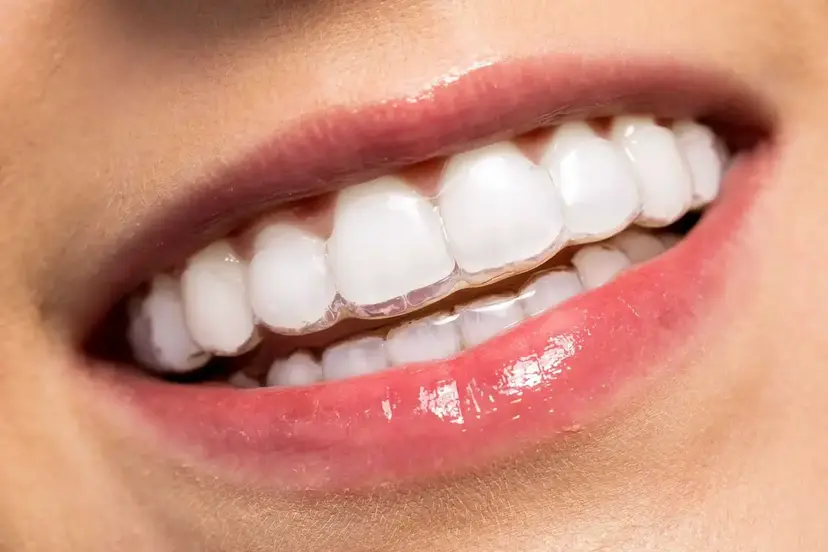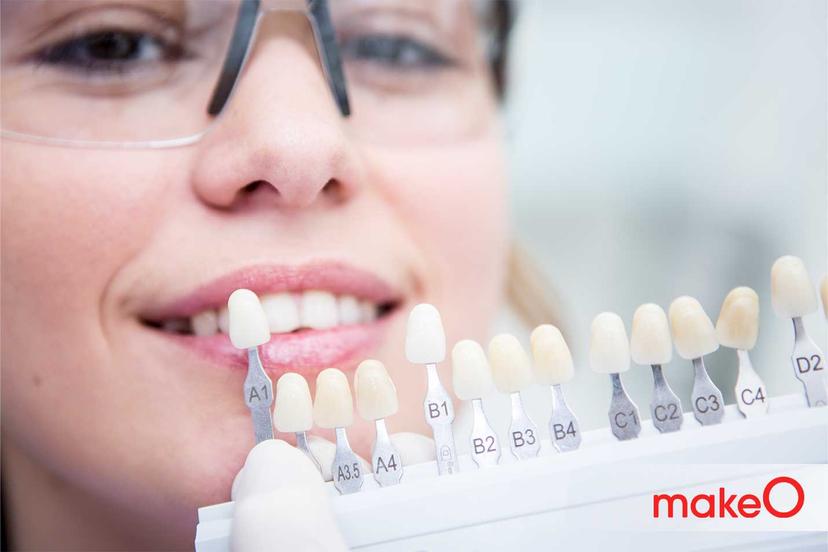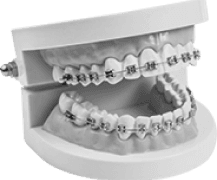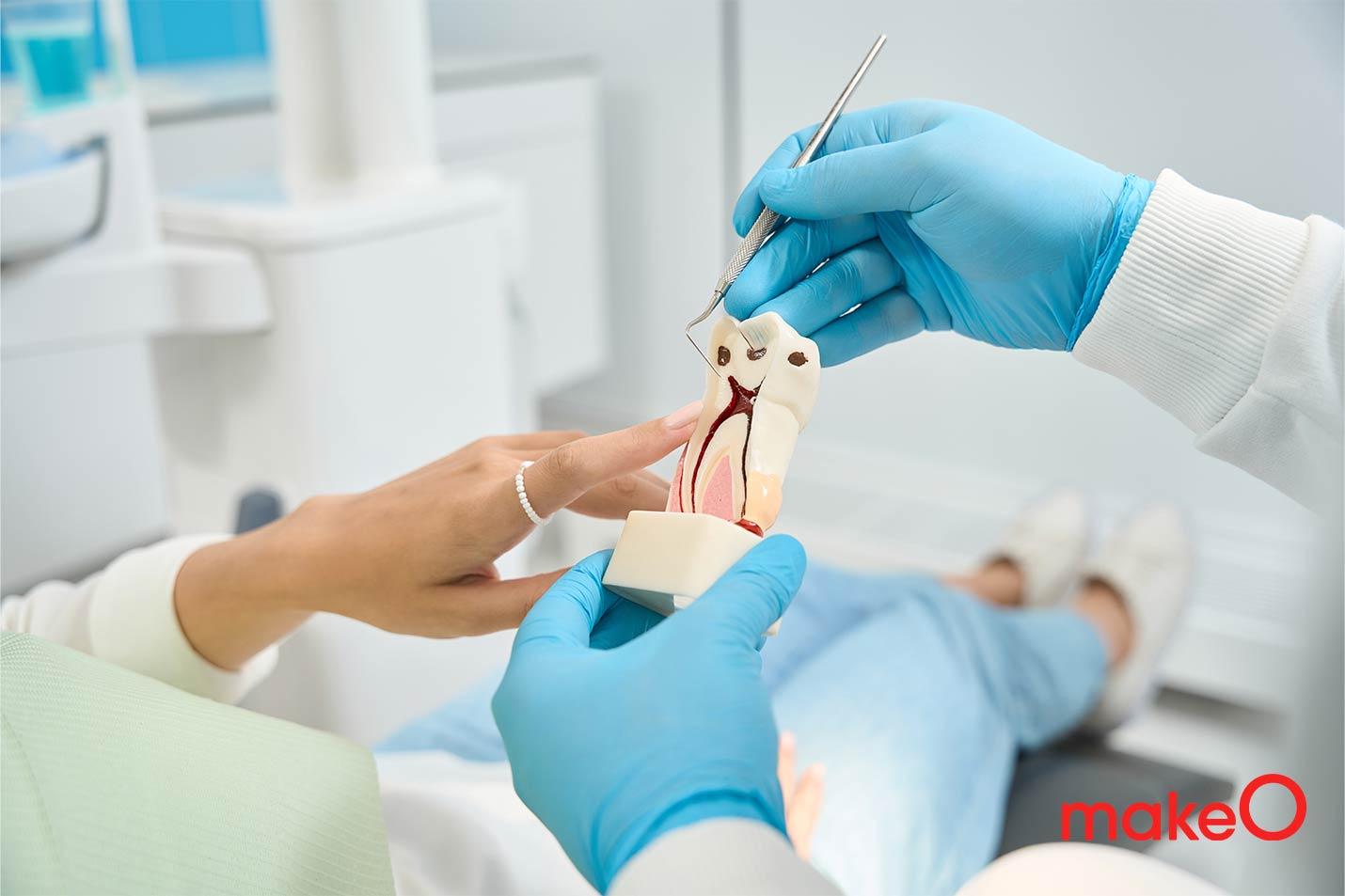MakeO blog
We all know how irresistible that sweet, sugary goodness can be. From gulab jamuns to jalebis, the Indian palate is no stranger to the allure of sugar. But, as much as we love our sweets, there's a not-so-sweet side to sugar – its impact on our teeth.
Sugar interacts with the bacteria in our mouth, leading to acid production. This acid can erode our tooth enamel, making our pearly whites more susceptible to cavities and decay. But fear not! We've got some tips to help you enjoy your sweets while keeping your teeth shining.
A Guide to Preventing Tooth Decay Caused by Sugar
Sugar might be the culprit in oral health issues, but with a little mindfulness, we can enjoy our treats without tooth-related woes. Here's how:
1. Rinse Immediately After Indulging
After savouring that rasgulla or doughnut, take a moment to rinse your mouth with water. This simple act can wash away lingering sugar, reducing its contact time with your teeth. And, less sugar means less acid production and a happier smile.
2. Chew Sugar-Free Gum
Not just an after-meal refresher, sugar-free gum can be a dental ally. Chewing stimulates saliva production, nature's way of neutralising harmful acids in the mouth. Plus, it's a discreet way to protect your teeth after a sugary snack.
3. Limit Sugary Snacks Between Meals
Every time you snack on something sweet, you're giving bacteria a feast, leading to acid production. By keeping sugary delights to mealtimes, you reduce the number of acid attacks on your enamel. It's all about timing!
4. Brush Twice a Day
Morning and night, make it a ritual. Brushing removes the day's accumulation of sugar and bacteria. But remember, after eating something sweet, wait for at least 30 minutes before brushing to avoid spreading the acid around.
5. Floss Daily
Your toothbrush can't get everywhere, and that's where flossing comes in. By flossing daily, you are evicting sugar particles and bacteria from the tight spaces between your teeth, ensuring they don't set up a permanent, damaging residence.
6. Regular Dental Check-ups
Think of your dentist as your tooth's best friend. Regular check-ups can spot potential issues before they become big problems. Plus, a professional cleaning ensures that any stubborn sugar residues are history.
7. Opt for Less Sugary Alternatives
Craving something sweet? Why not reach for a piece of fruit or a date? Natural sugars can satisfy your sweet tooth without the added risks of refined sugars. Over time, you might even find these natural alternatives more appealing!
By incorporating these habits into your daily routine, you're not just preventing tooth decay but also ensuring that your relationship with sugar remains a sweet one, without the bitter after-effects.
Fight Sugar's Negative Impact with makeO toothsi Oral Care
Now, while these tips are super helpful, you can further boost your oral care game with makeO toothsi oral care products. The toothsi electric toothbrush is designed to provide a thorough clean, reaching those tricky spots and ensuring that sugar doesn't stand a chance. Additionally, the toothsi smart water flosser is a game-changer. It uses a jet of water to clean between your teeth, making sure no sugary remnants are left behind. Include these in your oral care routine to protect your teeth against sugar and its negative effects.
Conclusion
Sugar might be sweet, but the consequences on our teeth? Not so much. However, with the right habits and the right tools, like the makeO toothsi oral care products, you can enjoy your favourite sweets without compromising your dental health. So, go on, have that ladoo, but remember to care for those teeth too!
FAQs
Why do my teeth become painful after eating sweets?
Sugar interacts with bacteria in your mouth, producing acid. This acid can make your teeth sensitive, leading to painful teeth after eating sweets. If you are facing a lot of pain, it is best to visit the dentist and avoid sweets for a while.
Is tooth sensitivity to sweets a sign of a bigger problem?
Yes, if your tooth is sensitive to sweets, it might indicate weakened enamel or an underlying cavity. It's vital to consult a dentist if you consistently find your teeth sensitive to sugar. Having a professional opinion on your issue can help you treat it correctly.
Can sugar rot teeth?
Over time, excessive sugar consumption without proper oral care can lead to cavities and decay. So yes, in a way, sugar can really rot your teeth. Hence it is in your hands to take good care of your oral health and ensure you cut down on sweets to keep your smile safe.
Why do some people have teeth sensitive to sugar while others don't?
Everyone's oral environment is different. Factors like saliva production, oral hygiene habits, and genetics can influence how one's teeth react to sugar. Some may feel sensitive to sugar, hot or cold items. Some might not. But, if you are someone who faces sensitive teeth, it is advised to visit a dentist and get their professional opinion.
How can makeO toothsi oral care products help if I have teeth sensitive to sugar?
makeO toothsi oral care products, like the electric toothbrush and smart water flosser, ensure thorough cleaning, reducing the chances of sugar residue and acid buildup, which can lead to sensitivity. They can also help prevent tooth decay, plaque and tartar formation!
related categories
Related articles

Types of Braces: Removable vs Fixed Braces, Which is Right For You?

This Diwali, Smile Bright With makeO Teeth Whitening Kit

Dr. Pravin Shetty: Pioneer in Lingual Orthodontics & Innovative Smile Solutions
How do I Know I’m the Right Candidate for makeO toothsi Teeth Aligners?

